In the world of fitness, a strong core is undeniably the foundation of everything we do. Whether you’re participating in sports, lifting weights, or going about daily activities, a well-developed core enhances stability, balance, and overall strength. For those inspired by the powerlifter physique, understanding how to effectively train your abdominal muscles is key to achieving that powerful core and functionality.
In this blog post, we will explore the anatomy of the core, the importance of core strength for your overall fitness and performance, and provide you with a range of abdominal exercises suitable for all levels. We will also discuss how the powerlifter physique and a strong core are interconnected. Let’s get started!
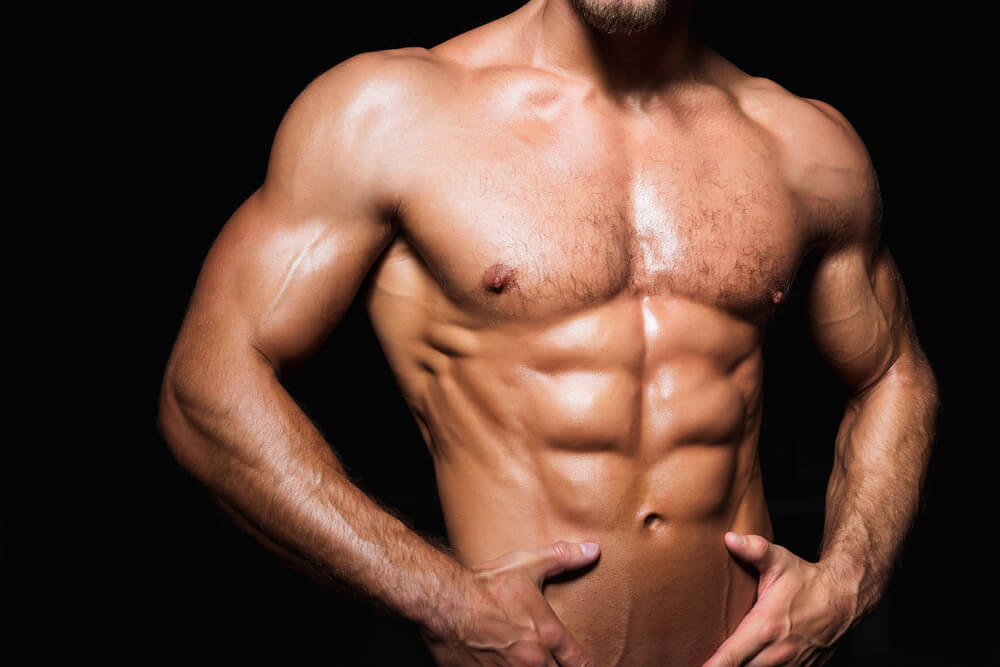
The Importance of Core Strength
The core muscles include not just the abdominal muscles but also the muscles in your back, hips, and pelvis. This interconnected web of muscles provides stability and support to the entire body. Here are a few key reasons why building a strong core is essential:
- Improved Performance: A strong core is crucial for boosting your overall athletic performance. This is especially relevant for those aiming for a powerlifter physique, where stability and strength are paramount for executing lifts efficiently.
- Injury Prevention: A well-conditioned core helps protect your spine and reduces the risk of injuries. When the core is strong, it stabilizes your body during movements, thus preventing undue stress on other muscles and joints.
- Better Posture: Strengthening your core can lead to improved posture, reducing the potential for back pain and discomfort during daily activities.
- Enhanced Functional Fitness: Daily activities such as lifting, bending, or twisting become easier and safer when your core is strong.
- Aesthetic Appeal: For many, a strong core is synonymous with a toned and defined appearance. Achieving apowerlifter physique often involves some degree of abdominal development.
Understanding Your Core Muscles
To build a more effective core workout routine, it’s important to know the main muscle groups involved:
- Rectus Abdominis: Commonly referred to as the “abs,” this muscle plays a key role in flexing the spine and is visually prominent in a well-developed powerlifter physique.
- Obliques: Located on the sides of your abdomen, these muscles assist in rotation and lateral movements and help sculpt the waist.
- Transverse Abdominis: Often called the body’s natural weight belt, this deep muscle stabilizes the pelvis and spine.
- Erector Spinae: This group of muscles runs along your spine and is vital for back extension and posture.
- Hip Flexors: These muscles play a crucial role in pelvic stability and movement, supporting the core during lifts and other activities.
By understanding these muscles, you can focus your workouts on exercises that effectively target them all, enhancing your overall strength and contributing to a powerlifter physique.
Essential Core Exercises for All Levels
No matter what level you are in your fitness journey, incorporating a variety of core exercises will lead to the best results. Below are some recommended exercises, including variations for different stages of fitness.
- Plank Variations
Planks are one of the most effective core exercises, engaging multiple core muscles at once.
- Basic Plank:
- Get into a push-up position, resting on your forearms instead of your hands.
- Keep your body straight from head to heels and hold for 20-60 seconds.
- Side Plank:
- Lie on your side and prop yourself up on one forearm.
- Keep your body straight and hold for 20-40 seconds on each side.
- Plank with Shoulder Taps:
- In a basic plank position, alternate tapping each shoulder with the opposite hand while keeping your hips stable. This adds a level of difficulty and engages the stabilizing muscles.
- Dead Bug
The dead bug is an excellent exercise for core stability and coordination.
- How to Perform:
- Lie on your back with your arms extended towards the ceiling and your knees bent at a 90-degree angle.
- Slowly lower one arm and the opposite leg towards the floor while keeping your lower back pressed against the floor. Return to starting position and switch sides.
- Bicycle Crunches
Bicycle crunches effectively engage both the rectus abdominis and the obliques.
- How to Perform:
- Lie on your back and bring your knees up to a 90-degree angle.
- Place your hands behind your head and lift your shoulder blades off the ground.
- Alternate bringing one knee to your chest while extending the opposite leg, rotating your torso to touch your elbow to the opposite knee.
- Russian Twists
Russian twists are fantastic for targeting the obliques and improving rotational
- How to Perform:
- Sit on the ground with your knees bent and feet flat. Lean back slightly while keeping your back straight.
- Hold your hands together or use a weight (like a medicine ball) for added resistance.
- Rotate your torso to one side, then back to center, and twist to the other side. Keep your core engaged throughout the movement.
- Hanging Leg Raises
For those looking to significantly challenge their core, hanging leg raises are a fantastic option that engages the lower abs.
- How to Perform:
- Hang from a pull-up bar with an overhand grip.
- Keeping your legs straight, raise them towards your chest until your hips flex.
- Lower your legs back down gradually and repeat. For an easier variation, you can bend your knees as you raise your legs.
- Ab Wheel Rollouts
This exercise is commonly implemented by those aiming for a powerlifter physique, as it builds incredible core strength and stability.
- How to Perform:
- Kneel on the ground and hold an ab roller with both hands.
- Roll the wheel forward, extending your body until your chest is close to the ground, while keeping your core tight.
- Using your core, roll back to the starting position. Start with small rolls and increase your range of motion as you become stronger.
- Mountain Climbers
Mountain climbers not only engage the core but also provide a cardiovascular challenge.
- How to Perform:
- Start in a plank position. Quickly draw one knee towards your chest, then switch legs rapidly, mimicking a running motion.
- Keep your hips down and core engaged throughout the exercise.
- Cable Woodchoppers
Cable woodchoppers integrate resistance training into your core routine, targeting the obliques and improving rotational strength.
- How to Perform:
- Attach a handle to a high pulley on a cable machine.
- Stand sideways to the machine and grasp the handle with both hands.
- Pivoting on your back foot, pull the cable down and across your body to your hip and return to the starting position.
- Stability Ball Rollouts
Similar to the ab wheel rollout but utilizing a stability ball, this exercise is another great choice for enhancing a powerlifter physique.
- How to Perform:
- Kneel in front of a stability ball, placing your forearms on top.
- Roll the ball forward, extending your body while keeping your core engaged, and roll back to the starting position.
- Medicine Ball Slams
Medicine ball slams are not only a great core workout but also an explosive movement for those aspiring to a strong powerlifter physique.
- How to Perform:
- Stand with your feet shoulder-width apart, holding the medicine ball overhead.
- Slam the ball down to the ground in front of you as hard as you can, bending your knees slightly with the movement.
- Pick the ball back up and repeat
Structure Your Core Workout Routine
To enhance your core strength effectively, consistency and a structured approach are key. According to your fitness level, here is a sample core workout that incorporates the exercises outlined above.
Sample Core Workout Routine
- Warm-Up (5-10 minutes)
- Dynamic stretches (arm circles, torso twists) and light cardio (jump rope, jogging).
- Core Circuit (Repeat 2-3 times)
- Basic Plank: 30-60 seconds
- Bicycle Crunches: 15-20 reps
- Russian Twists: 15-20 reps per side
- Dead Bug: 10-15 reps
- Strength Segments
- Hanging Leg Raises: 3 sets of 8-12 reps
- Cable Woodchoppers: 3 sets of 10-15 reps per side
- Finisher
- Mountain Climbers: 30-45 seconds
- Medicine Ball Slams: 3 sets of 10-15 reps
- Cool Down (5-10 minutes)
- Stretch your abdominal muscles and incorporate deep breathing exercises to relax the core after your workout.
Additional Tips for Building a Powerlifter Physique
Focus on Nutrition
Achieving a powerlifter physique involves more than just working out; nutrition plays a critical role in muscle recovery and growth. Prioritize a diet rich in whole foods, with an emphasis on:
- Protein: Essential for muscle repair. Include lean meats, fish, eggs, dairy, legumes, and protein shakes when necessary.
- Healthy Fats: Sources like avocados, nuts, seeds, and olive oil help with hormone production and overall health.
- Complex Carbohydrates: Foods like whole grains, fruits, and vegetables provide essential energy for intense workouts.
Conclusion
A strong core is foundational not just for powerlifters but for anyone looking to improve their overall fitness. By incorporating the right exercises and following a structured routine, you’ll enhance your performance, reduce injury risk, and build the stability needed to achieve your powerlifting goals.
Start building your core today, and watch how it transforms both your physique and your performance in the gym!
-Terry Asher
Terry Asher
After changing his best friend’s life by helping him lose over 70lbs, dropping him down to an amazing 7% body fat, Terry was inspired to be a full-time internet trainer knowing he could do the same for many more. In 2010, Terry published his own diet and fitness e-book that can be purchased on this website. Let Terry help you change your body for the better!

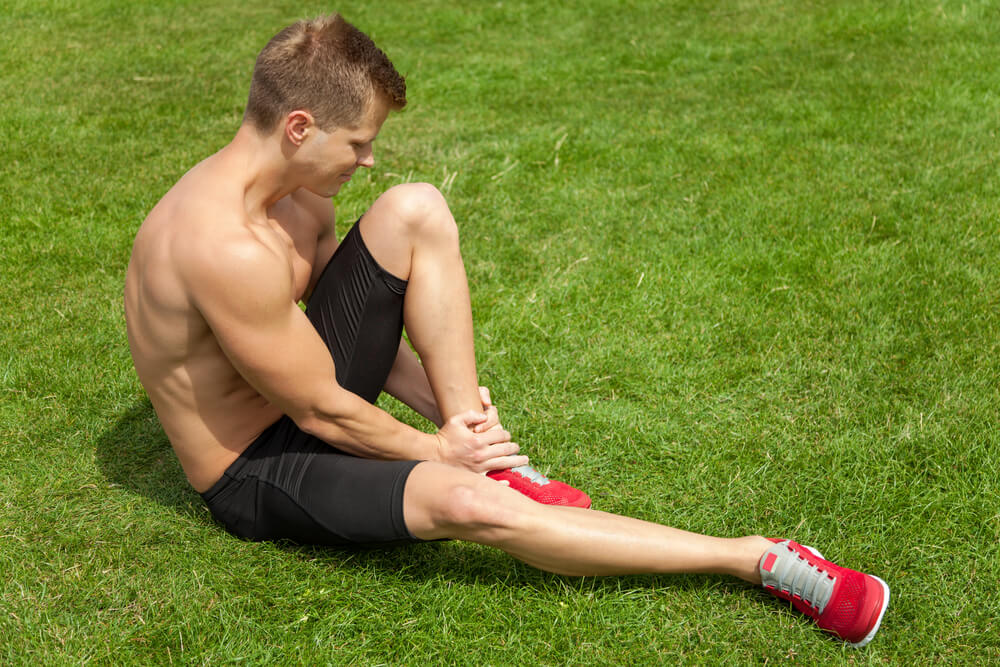
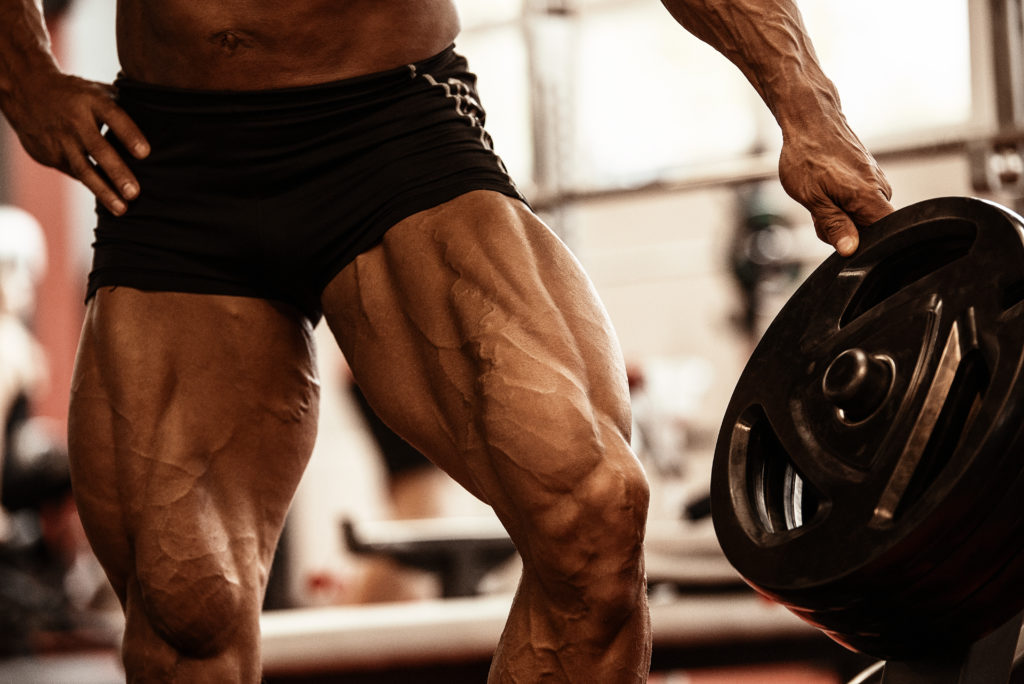
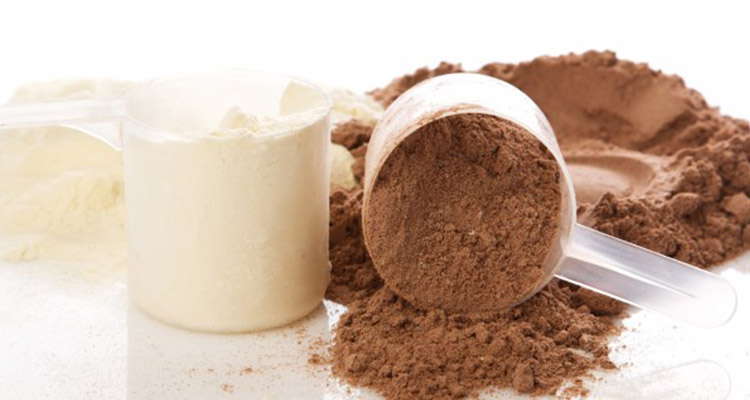
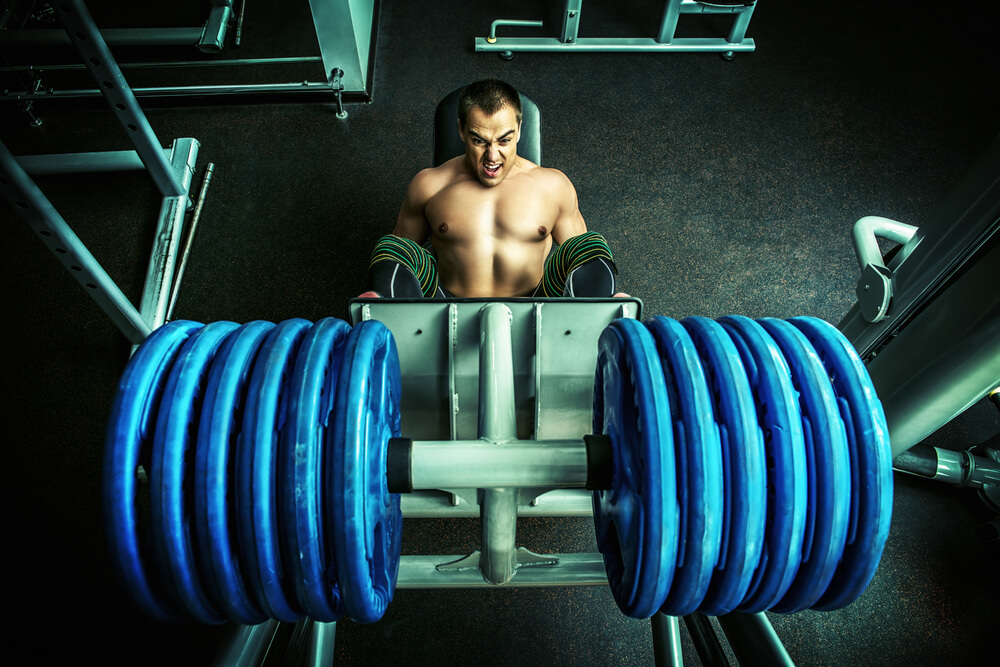

Leave a Reply
You must be logged in to post a comment.